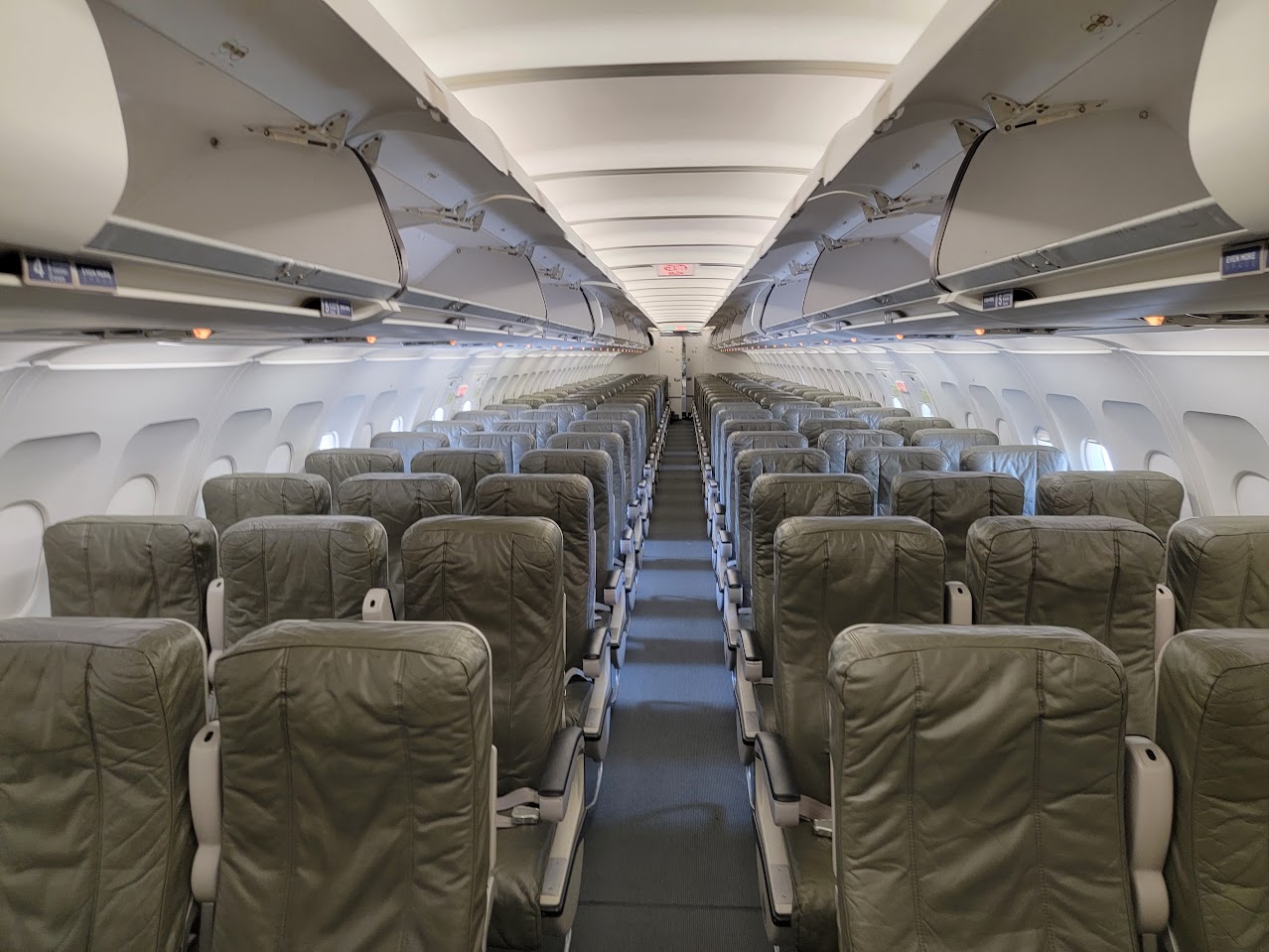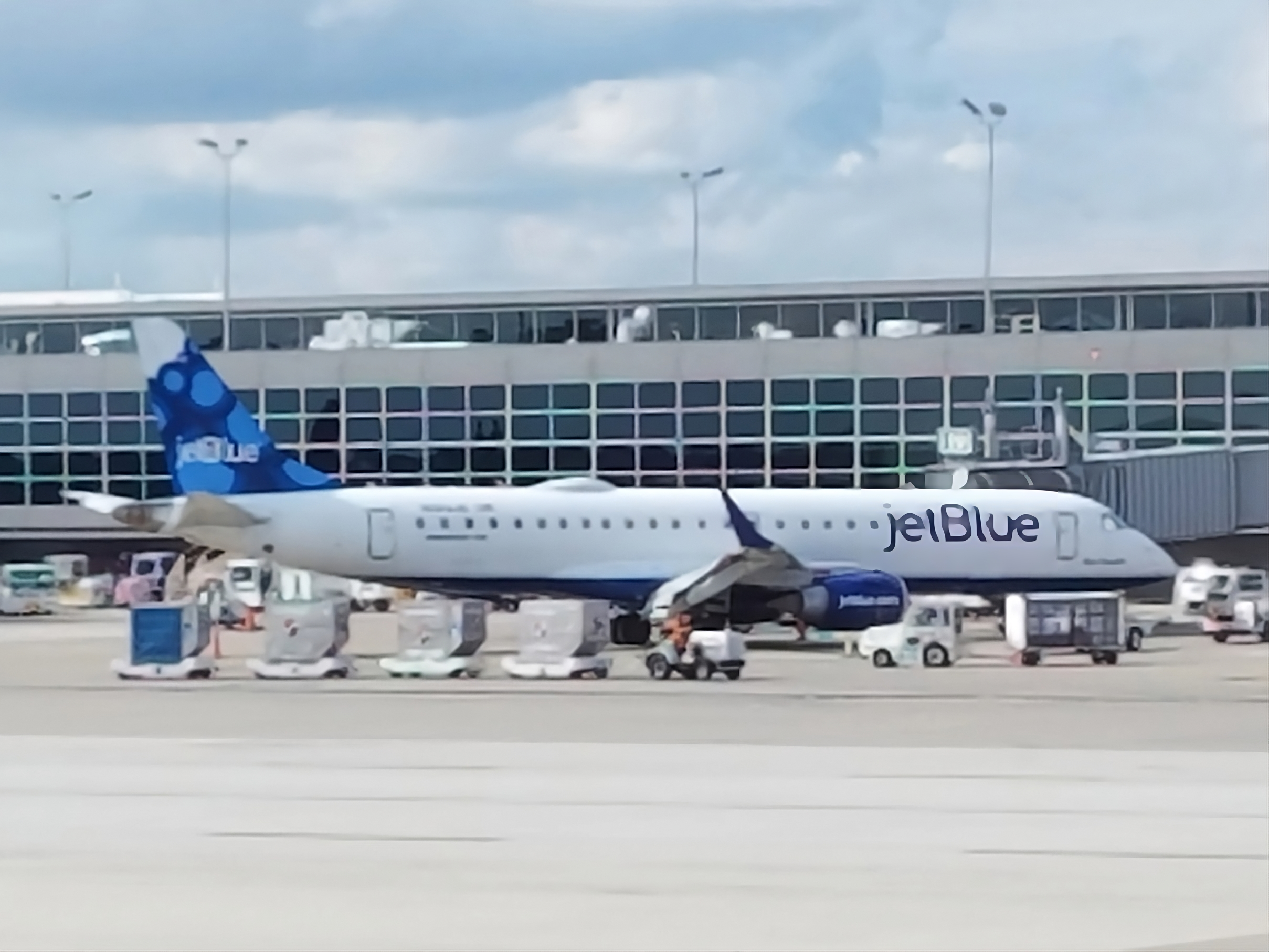JetBlue is expected to announce a delay to equip some of its planes with Amazon wifi, as the launch airline for the product that’s supposed to be even faster than Starlink. Update: JetBlue has now announced this.
Right now there’s nothing that comes close to Starlink for inflight connectivity. JSX was the launch carrier offering free low earth orbit satellite wifi, with almost zero latency – you’re connected like you are at home, with no wait for pages to load. Hawaiian Airlines followed. United is installing Starlink, and Alaska announced they will as well.
Now comes word, via aviation watchdog JonNYC, that JetBlue may be signing up with a Starlink competitor: Amazon.
Interesting https://t.co/EipnB70OHc
— JonNYC (@xJonNYC) September 3, 2025
Amazon is working with Airbus on line fit and retrofits and plans to offer up to ~1 Gigabit downlink, a marketing claim that’s more bandwidth than Starlink offers.
Ironically, even though SpaceX and Amazon are competitors in low earth orbit broadband, Project Kuiper is launching a large share of its constellation on SpaceX Falcon 9 rockets.
JetBlue And Amazon Have Partnered For A Decade Already
A decade ago JetBlue announced ‘Prime Video streaming onboard, free over Fly-Fi’. JetBlue and Amazon introduced Prime Video streaming at no charge onboard, timed completion of A320/A321 Fly-Fi installs. This was framed at the time as helping keep Wi-Fi free.
Starting late 2016, TrueBlue members could earn 3 points per dollar on Amazon purchases, initially via a link for all of their shopping but this was killed in 2018 however inflight earn for Amazon shopping continued.

This Would Be A Significant Undertaking
A Kuiper retrofit on older A321s would be more complicated than installing an existing product (or waiting for Airbus HBCplus line-fit). Kuiper’s aero terminal hasn’t been certificated on the Airbus A321 yet. A first-of-type Supplemental Type Certiicate means a 6–12 month testing process before the fleet modifications even start. And then they need to replace the modem, ire and and cabin network integration.
While fresh Starlink installs can be done in as little as an overnight, this will likely mean a a multi-day visit per tail for kit installation and operations checks. Efficiency will improve after the first several aircraft.

When Could This Realistically Happen?
Kuiper’s first production batch of satellites launched in April. 50% of 3,236 planned satellites must be operational by July 30, 2026 though it’s likely Amazon will need an extension.
Airline service timing: Airbus announced Kuiper as a future HBCplus option with an “up to ~1 Gbps” marketing claim, but there’s no announced airline service start date. Roughly speaking, given constellation density requirements to be operational, Supplemental Typer Certificates, and airline integration, it’s probably 2027 at the earliest before commercial aircraft service. And that’s dependent on supply chain for the kits to install as well as on-time satellite launches.


The V3 generation of Starlink satellites is scheduled to begin launching early next year. Those will also offer 1gig down and up. However, satellite speeds are dependent on the number in orbit, and Starlink far exceeds any other carrier in that regard.
Oh please!
JetBlue won’t even be here in a couple of years. How naive do they think people are?